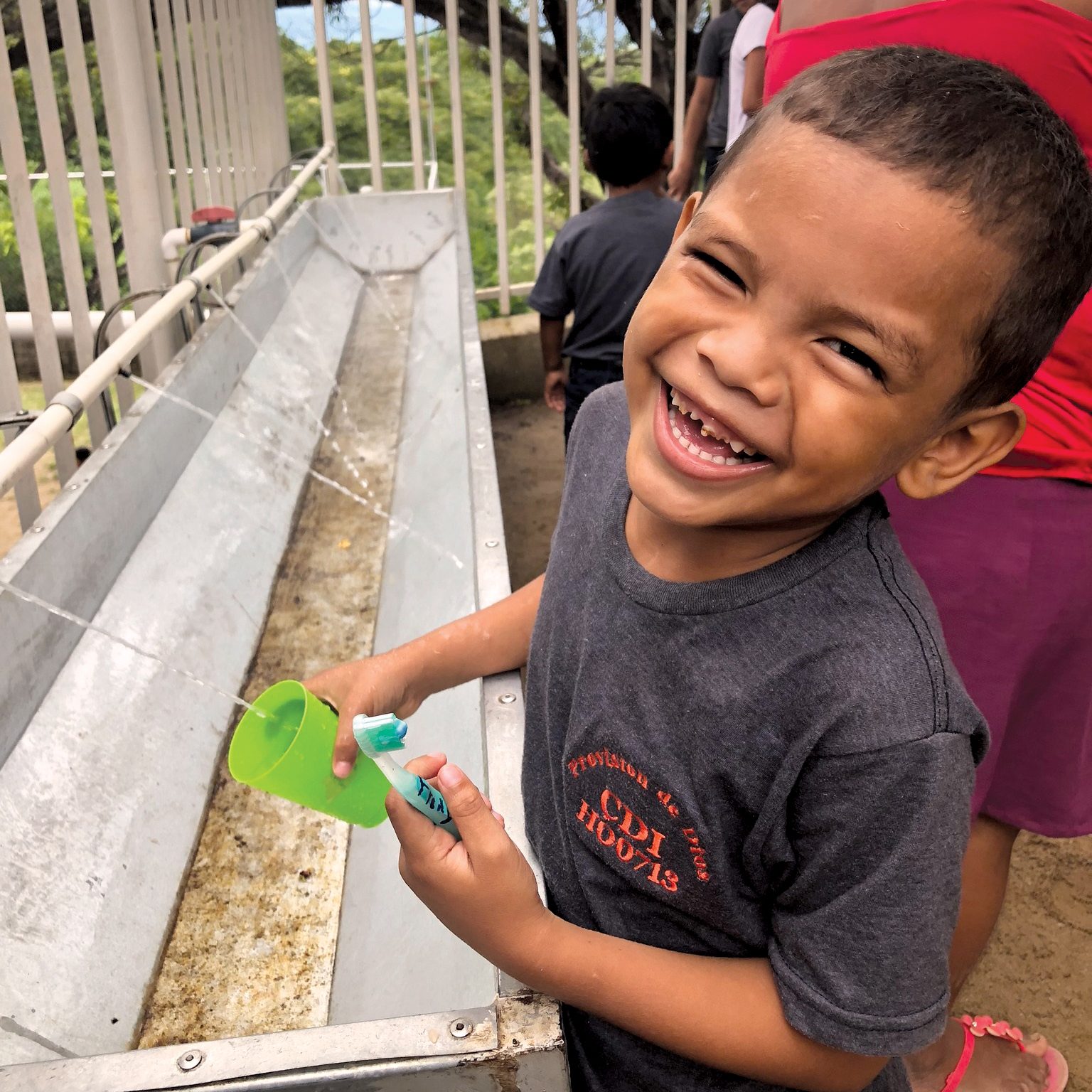By sponsoring a Compassion-registered child, you are not only helping a child in need to escape poverty, you are entering into a long-term, one-to-one relationship that enriches your life as well as the child’s.
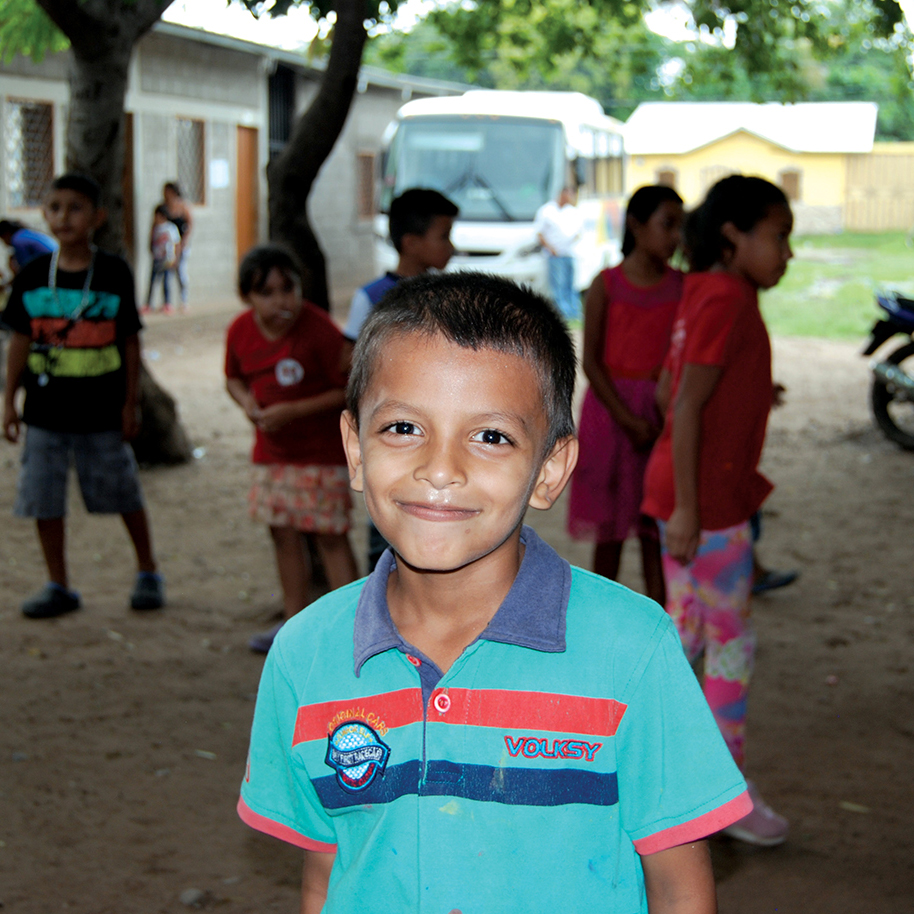
“You’re giving a gift to a child, but the gift given back to you is tenfold.”
– Pam Mukai,
Account Manager – Target,
Minneapolis, MN
“Sponsorship allows you to make a huge difference in a child’s life. You can give them what they need the most – hope!”
– Monica Pizano,
Warehouse Clerk,
Romeoville, IL
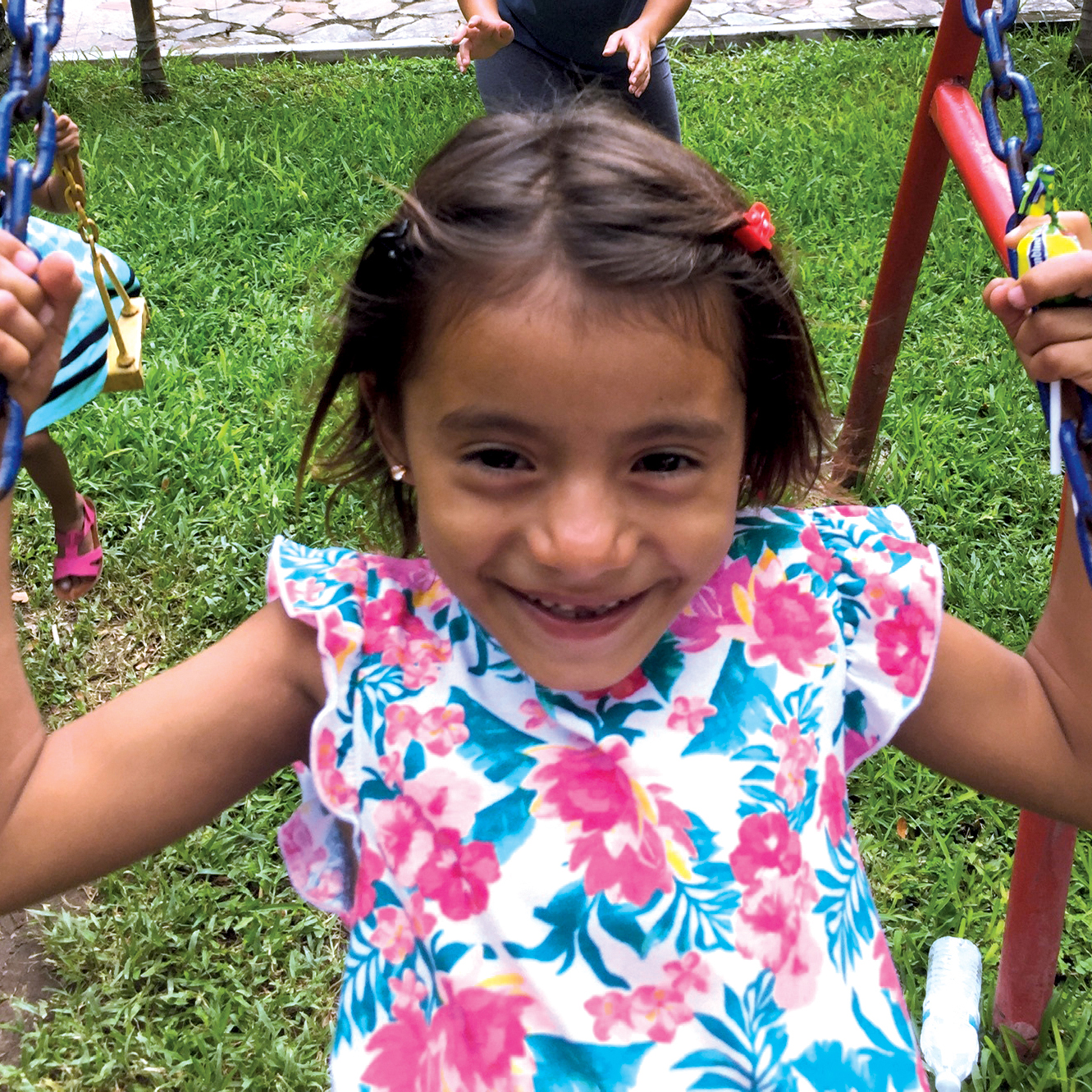
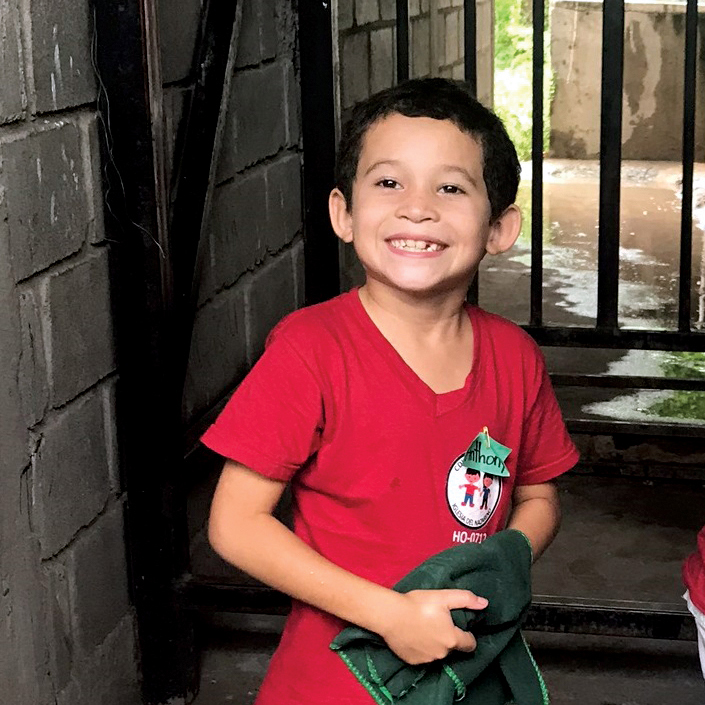
“Sponsorship is such a deeply rewarding experience, especially if you get the opportunity to meet your sponsored child. It’s beautiful to see them grow and change. You are giving one child an opportunity of a lifetime to secure a hopeful future for themselves.”
– Cheryl Siegel,
AOM Coordinator,
Naperville, IL
“If you want to help in the world, but you are afraid of time and money, then sponsoring is the most valued, inspired way to create the biggest impact.”
– Jesus Hurtado,
OPS Trainer, DC 18,
Romeoville, IL
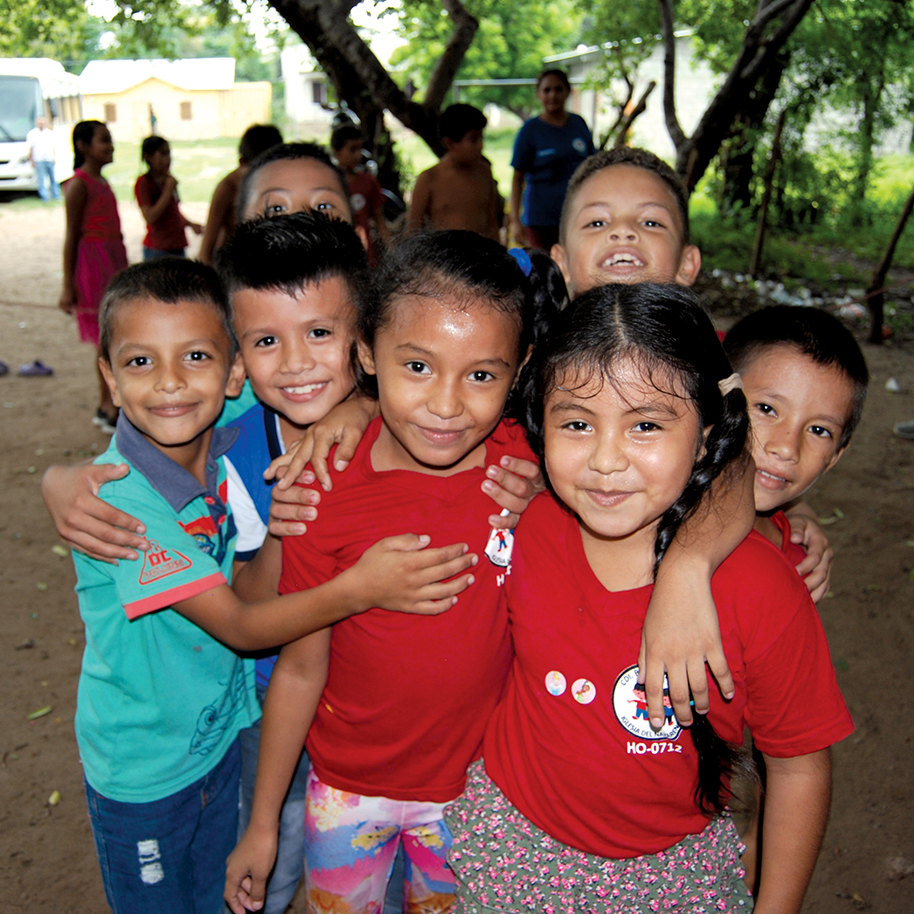
Compassion's Holistic Development Approach
Physical
Through medical checkups, supplemental nutrition, and health and hygiene education and care
Economic
Through literacy classes and skills training for caregivers to enable them to earn a better income, and tutoring
Educational
Through tutoring, to enable children to achieve their potential and discover their passions and talents
Socio-Emotional
Through healthy socialization, including safe, supervised learning, crafts and play
Spiritual
Through loving tutors who share Christian values that lead to productive and rewarding lives
Child Sponsorship: A Proven Model
Young adults who were Compassion-sponsored from 1980 to 1992 were the subject of a study by Dr. Bruce Wydick at the University of San Francisco. Published in the Journal of Political Economy, the study concluded that children who participated in Compassion’s holistic child-development-through-sponsorship program:
- stayed in school longer
- were more likely to hold salaried or white-collar employment as adults
- were more likely to be leaders in their communities and churches
Wydick refers to Compassion’s program as “the great equalizer” in that it helps level the playing field for children in the developing world.
